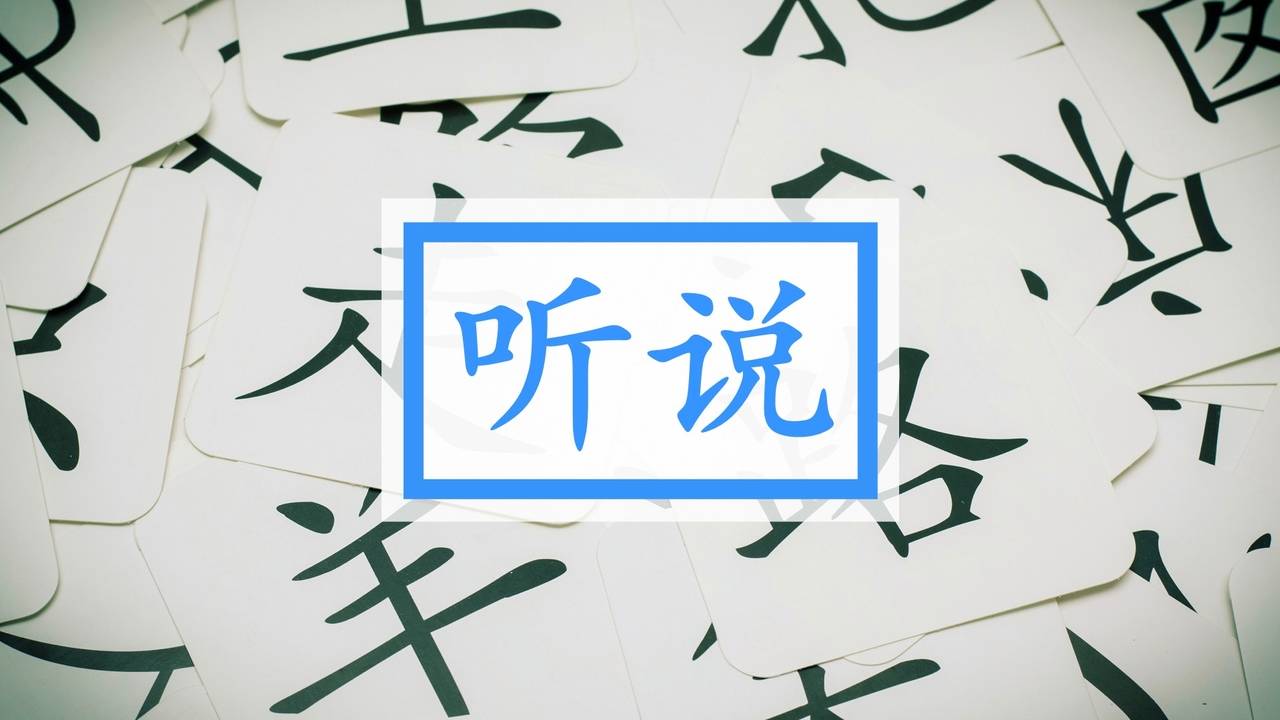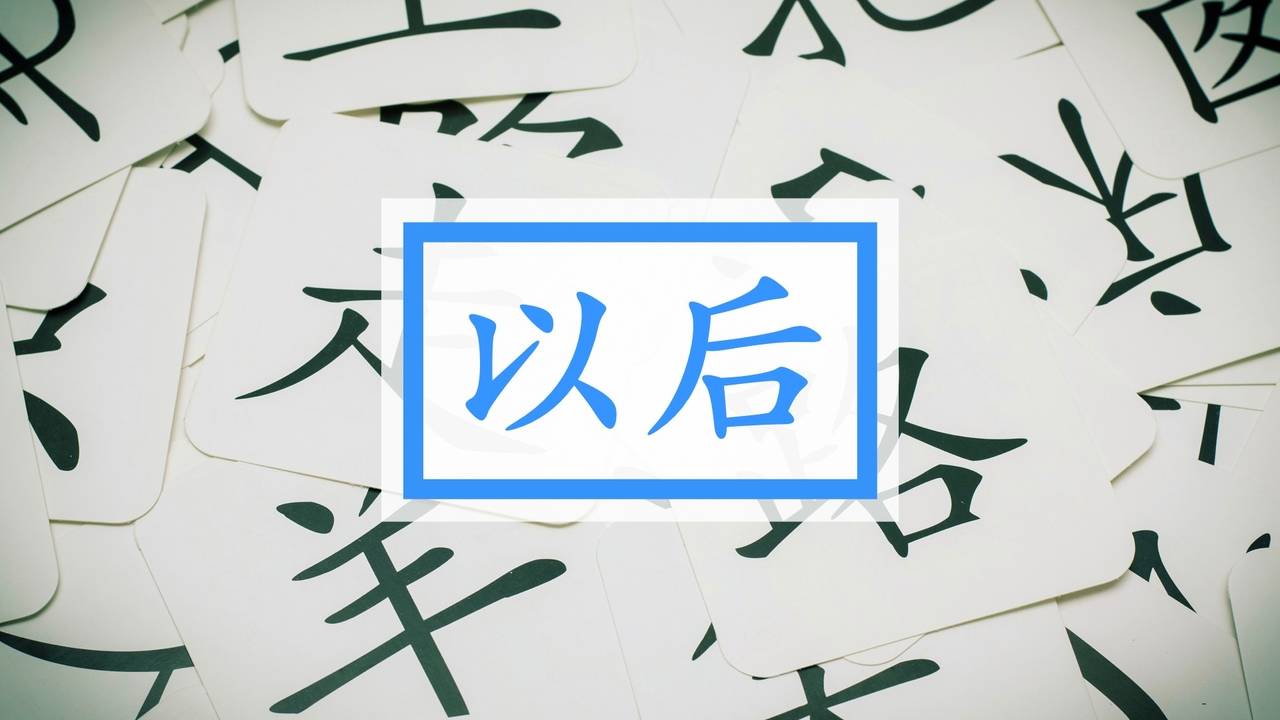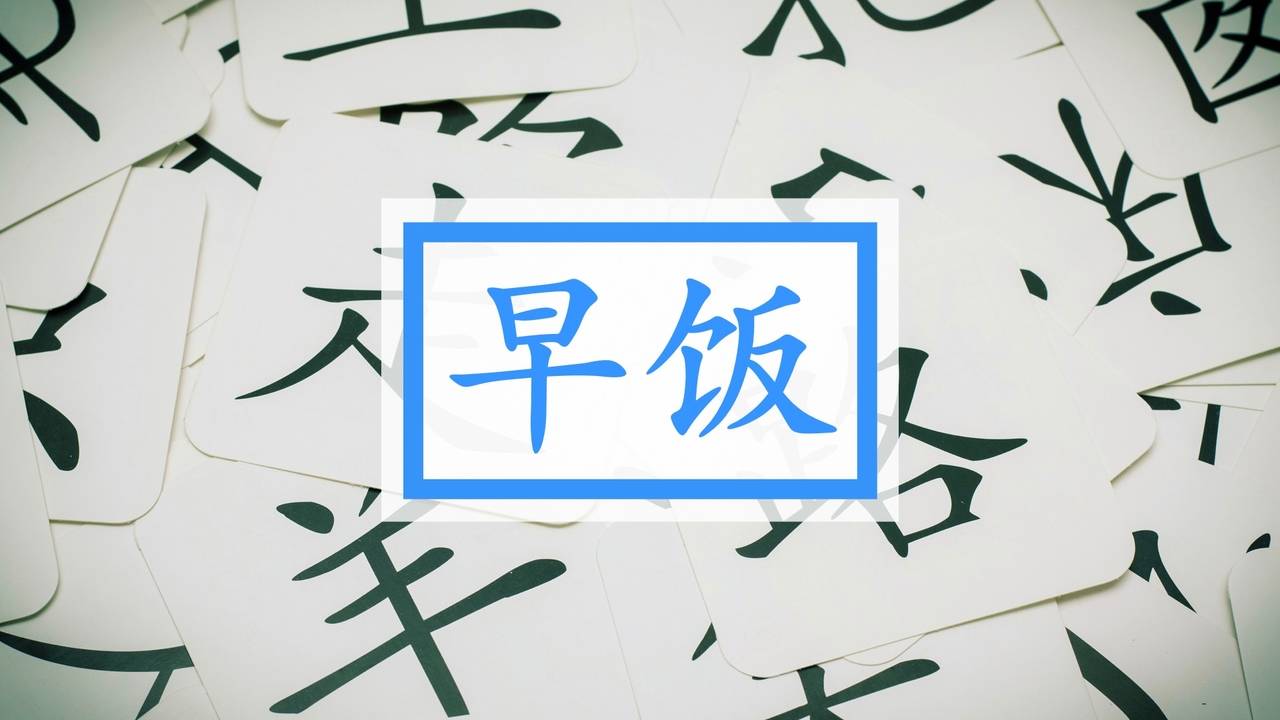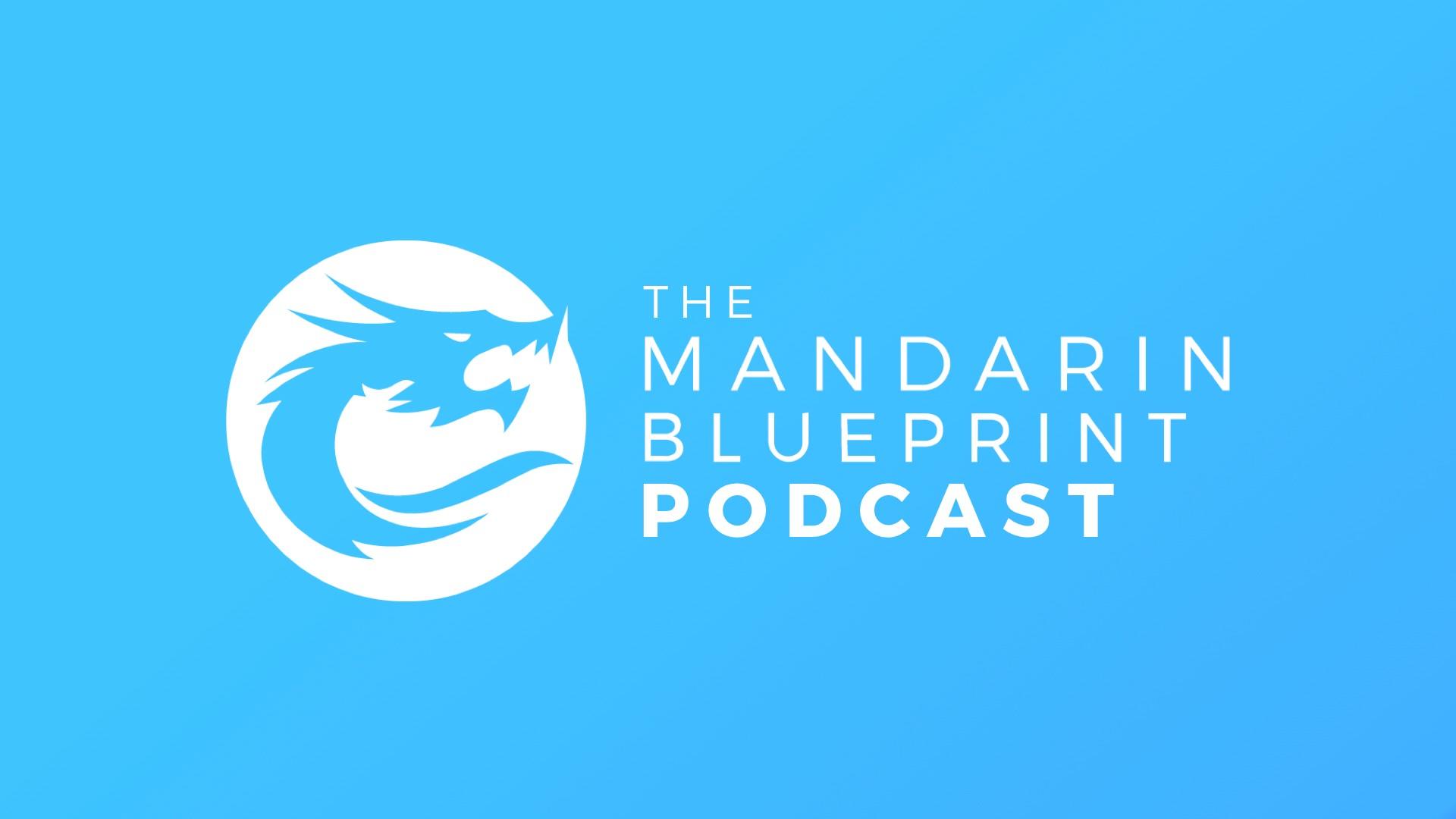Level 23 - Vocab in Context
43 Lessons
1

某个 in Context
2

某些 in Context
3

其他 in Context
4

讨厌 in Context
5

斤 in Context
6

公斤 in Context
7

听 in Context
8

BONUS: Helper - Expressing That an Action Has Happened Before with 过
9

好听 in Context
10

听力 in Context
11

听见 in Context
12

听话 in Context
13

听说 in Context
14

近 in Context
15

最近 in Context
16

后 in Context
17

以后 in Context
18

然后 in Context

后来 in Context
20

最后 in Context
21

BONUS: Helper - Turning Adjectives into Adverbs with 地
22

后天 in Context
23

后面 in Context
24

后边 in Context
25

厚 in Context
26

反正 in Context
27

相反 in Context
28

BONUS: “How Does What" - Adverbs Expressing Tone of Voice
29

米饭 in Context
30

早饭 in Context
31

午饭 in Context
32

吃饭 in Context
33

吃饱 in Context
34

饿 in Context
35

员工 in Context
36

工人 in Context
37

江 in Context
38

左边 in Context
39

左右 in Context
40

右边 in Context
41

差 in Context
42

差不多 in Context
43

差点儿 in Context
Next Character
后来 in Context
CONGRATULATIONS!
A NEW WORD HAS BEEN UNLOCKED
后来
Usage 1 - "after that (for events that happened in the past)":
Sentence:
后来我睡了。
English:
Afterwards, I fell asleep.
Top-Down Words:
睡 shuì - to sleep
Sentence:
后来他们也走了。
English:
Afterwards, they also left.
Sentence:
他后来坐飞机去了国外。
English:
Afterwards, he went abroad by airplane.
Top-Down Words:
国外 guówài - outside the country
*Sentence:
后来,她成了我女朋友。
English:
Afterwards, she became my girlfriend.
Top-Down Words:
成 chéng - to become, to prove to be
*Sentence:
后来,它们生了一只小狗,我叫它“小白”。
English:
Afterwards, they gave birth to a puppy and I called it "Little White."
Top-Down Words:
生 shēng - to give birth to, to emerge
Need a Reminder?
The Six Steps to Learning Words
Understanding Chinese Words - Morphemes
Member Comments from 2019-mid-2020
Do you also want to leave a comment? You can do so below!
Rick Angleland
How does 后来 differ from 以后? Does 后来 imply that something came before?
Mandarin Blueprint
Good question, here's the answer: https://www.loom.com/share/f64e2a63bd804e7e8086ee418ca525ba
MB Team
This is where Luke and Phil talked about your question in the Mandarin Blueprint Podcast:
https://www.youtube.com/watch?v=KugS7ZxUyg4&t=947s





Chris Young
In this sentence "后来,它们生了一只小狗,我叫它“小白”。", would the last part more accurately be "I call it Little White", as in that's the name I gave the puppy when it was born and how I call it now? As opposed to "我叫了它“小白”, "I called it Little White" meaning that's how I named it when it was born.
What I'm getting at is whether there's a "了" after "叫" implied in the original sentence because we established that we're talking about the past and the whole text is about the past, so we can leave it out. Or if we're currently talking about the puppy, and only the bit about the birth is in the past, in which case the last part is present.
I know this is getting into the weeds, but I feel like I can understand the basic meaning of sentences now (!!!) so I'm trying to get some of the nuances.
Mandarin Blueprint
Hey Chris, here's a reply for you: https://www.loom.com/share/a450f36e0a47486699883fa2e27e4809
MB Team
This is where Luke and Phil talked about your question in the Mandarin Blueprint Podcast:https://www.youtube.com/watch?v=Jaebh_qgjTQ&t=3853s